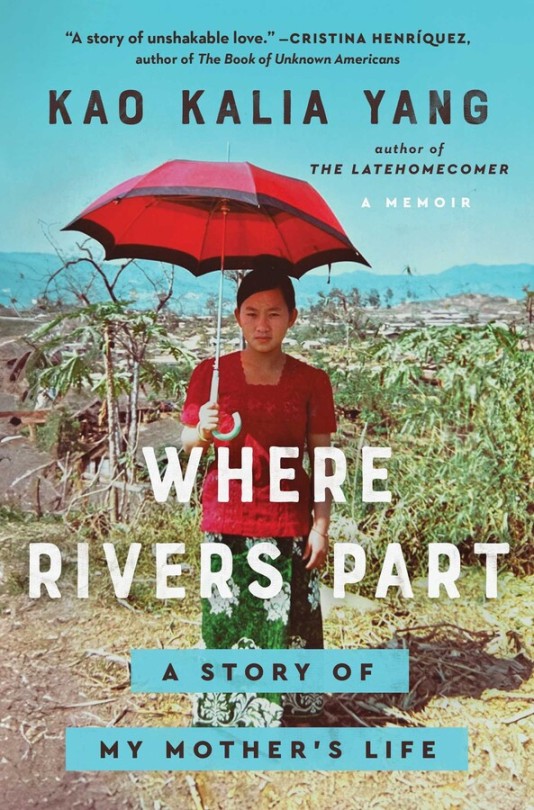#also re: libby i used it to check out an audiobook two days ago and when i went to listen to it last night
Explore tagged Tumblr posts
Text

See, it says this is sorted by least used, but this list features, in order:
An app I have literally never opened on this phone (although I played it extensively on a previous phone)
Last used 1 week ago. Routinely used once a week
Last used 7 hours ago. I opened this app last night before I went to sleep and when I wake up in the morning my phone is telling me I haven't used it in a while and should uninstall it
Literally was using this app right at the moment that I took this screenshot
Another app I have literally never opened on this phone
Who wrote the code that the phone uses to make these suggestions????
#also re: libby i used it to check out an audiobook two days ago and when i went to listen to it last night#it told me i had no holds or loans#in this house we acknowledge the self evident fact that libby is a shit app that doesnt work
7 notes
·
View notes
Text
Completed: "Where Rivers Part: A Story of My Mother's Life" by Kao Kalia Yang (Atria Books, 2024)

I've been leaning toward checking out books via Libby or the library recently, but for this book, I had to buy it (via Bookshop). Not just because I'm also a Hmong writer, but because Kao Kalia's books were one of the first books I ever read by a Hmong author. I have her first two memoirs (The Latehomecomer and The Song Poet) and so it's only proper that I have a physical copy of the third one, too. But I didn't read the book all through the physical copy. When I turned to chores or cooking, I switched to the audiobook so that I could get through the book faster.
Thoughts: I can't believe it's been ten years since The Song Poet. I remember feeling very emotional reading that book about her father's life, and I knew I would feel even more for this memoir about her mother's life. My own writing journey has led me to want to write more stories about women, especially seemingly ordinary women like my mother, grandmothers, and sisters. So, this book came at such a good time. I think this book is now my favorite of the three memoirs (though The Song Poet's ch.7 will always have my heart).
I like this memoir more too because it takes the most risk of the three, artistically. There's a chapter that addresses a suicide attempt in the third person pov, which makes sense narratively and stylistically.
But the beginning, the very first chapter, took me some time to get settled in. Because memoirs are typically of the author's memories and pov, it took me that whole chapter to get used to the fact that it is in Kao Kalia's mother's voice. I kept doubting myself and thinking that Kao Kalia is the one narrating, but actually, it was her mother's voice. And so when her mother refers to her mother and grandmother, it was actually Kao Kalia's grandmother (mentioned in The Latehomecomer) and Kao Kalia's great-grandmother.
Besides my temporary confusion, I really appreciated that beginning chapter about not only the stories of the oldest female elders, but the different stories of the sisters and their lives--and how different they are from the typical "Hmong woman" experience. That's something I've been curious about and also been shouting about for a long time: Hmong is not a monolith, and our experiences vary so much depending on geography, religion, class, dialect, customs, etc.
Reading about Kao Kalia's mother's experience, her mother's mother, her mother's sisters, her mother's mother's sisters, the feelings and events they went through felt very contemporary, very current. It may have happened decades ago in a different era, but those feelings of hate, love, shame, anger in the face of helplessness or patriarchy or oppressive traditions still resonate.
I appreciated this memoir for being more lyrical at times. I think the one style choice that I didn't prefer was that, often, in every chapter, characters seemed to be almost re-introduced or reminded of their quality. It's as if these were individual essays that needed reintroducing to a reader again, if a reader hadn't start from the beginning and learned about these characters. I think this quality probably comes from the Hmong way of calling someone and recognizing them, like declaring your name, clan, location so that you can identify your relationship to another person. I understand that, but I felt it was a tiny bit overdone.
Overall, I hadn't read a memoir in a while so reading this was interesting. I've been quite used to essays now or memoir-in-essays. But this book held my interest, made me cry, made me not only relate but resonate with the lives of these family members. For a while now, because I've been living away from home for so long, I don't hear much talk on topics about the old days or the war or the struggles from back in the day. Nowadays, my parents' generation have adapted to phones and social media, so it feels like they're "modern" now. But this book reminded me of the horrors of wartime, the losses, the separations.
It is a critical book, especially with the upcoming 50th anniversary of the Hmong diaspora, the leaving from Laos.
#kao kalia yang#Where Rivers Part A Story of My Mother's Life#memoir#creative nonfiction#writers#hmong writers#books#reading#asian writers#bookblr#aapi writers#finished reading#jer reader mode#jer brain dumps#jer reviews
0 notes